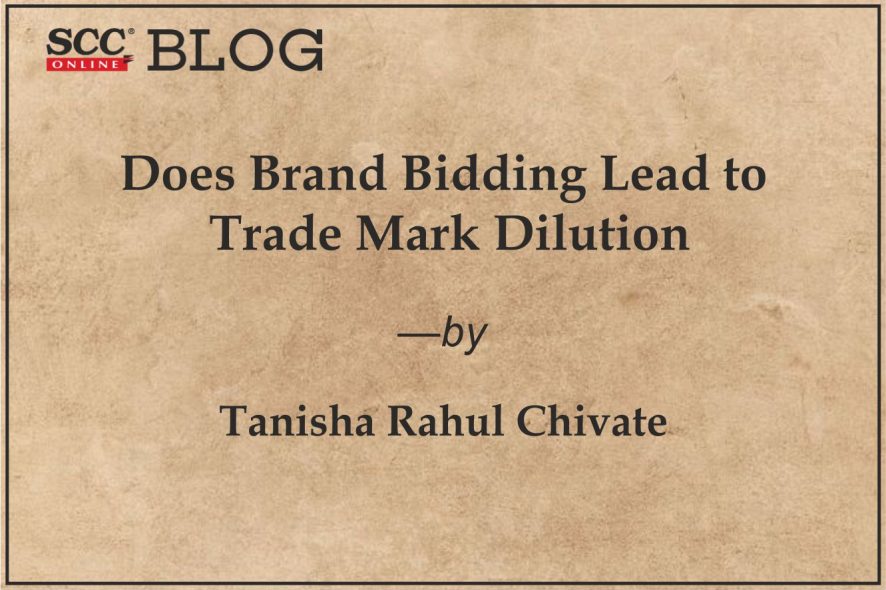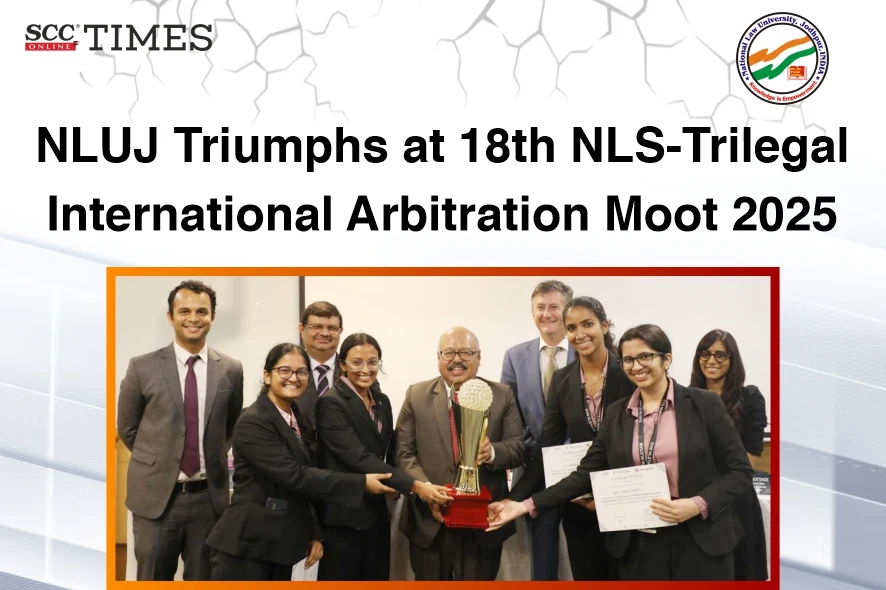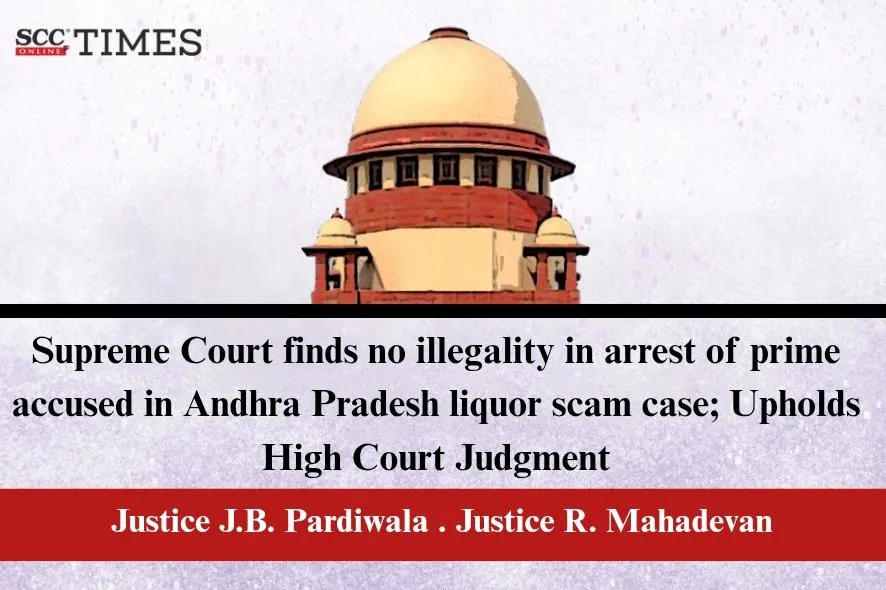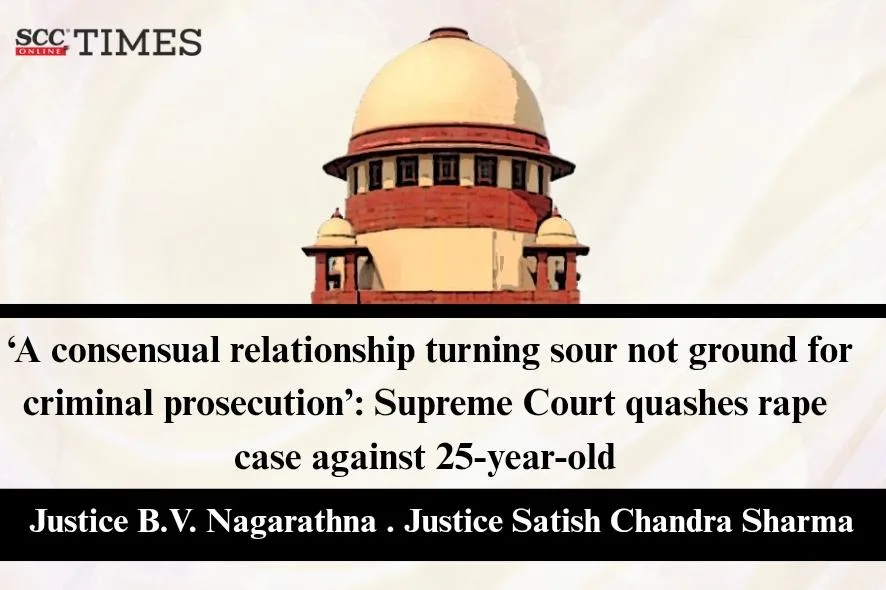Digital marketing and search engine optimisation (SEO) ranks high on every brand’s marketing model. Much like traditional advertising, there are a few anti-competitive practices that creep in which have several trade mark ramifications. One of these being brand bidding.
Brand bidding
Brand bidding or trade mark bidding is a practice used by advertisers of bidding on branded terms or branded keywords of a third party, often a competitor during a pay-per-click (PPC) campaign.1 The PPC advertising model is the model in which the advertiser pays only when someone clicks on an advert, which essentially means that marketers are paying for each visit to their website – usually for only a few cents per visitor.2 It is the act of targeting paid search advertisements to branded keywords.3 For example, other sportswear brands may bid on the brand term “Adidas” so that when a user searches “Adidas”, the websites of other sportswear brands appear in search results. Brand bidding is often used in a negative context as it begins when the companies bid on well-known brand names as a keyword and thus, affects these well-known brand names. By doing so, the bidding company’s ads appear when the brand name is entered as a search term. It can be used on all popular advertising platforms such as Google AdWords or Yahoo. The goal is to direct internet traffic away from the competitor’s site.
Impact of brand bidding in marketing
Brand bidding leads to an increase in the price of bids for search engine marketing. Similar to biddings at auctions, the more users bid on a certain keyword, the more expensive an advertisement for the keyword will be. This also leads to an increase in traffic4 to the company’s website which is the reason companies often bid on their own brand names. Companies do not have the right to control or choose who can post advertisements on the internet using their brand name as the keyword. Ironically, to counter brand bidding, companies frequently attempt to give permission to certain groups of people to use their name in advertising in order to actively counter brand bidding. This helps in blocking out competitors by occupying paid search results with one’s own advertisements.5
Scope for trade mark dilution
Trade mark dilution occurs when an unauthorised party uses a trade mark in a manner that would tarnish or diminish the image of a well-known trade mark.6 Trade mark dilution only occurs when the search engine links the actual trade marked words to the competitor. Bidding on brand names of popular and well-established brands like Adidas, Chanel and so on, may constitute a trade mark infringement7 if customers are given the impression that the bidder is affiliated with the brand, unless they are an authorised affiliate. This not only means using the brand keyword in the advertisement title and description, but also that the landing page would not cause someone to confuse it for the official brand website. Users must be able to easily distinguish the bidding company from the original company which the user searched for with the specific keyword.8
Impact of brand bidding trade mark infringement
Brand bidding or keyword advertising trade mark infringement may decrease the value of the trade mark as competitors are capitalising on the brand to divert traffic to their sites and subsequently increase sales. While the law does not explicitly bar brand bidding, companies can create a paid search policy in affiliate marketing agreements and impose restrictions by preventing the use of brand terms in search campaigns.
The most imperative element for trade mark infringement is to prove that the keyword caused confusion among users. This is often difficult to prove which is why many companies avoid brand bidding trade mark dilution cases.9 Using trade marked keywords does not necessarily cause confusion for users looking for a specific brand or product. An example of such a case is the Rosetta Stone Ltd. suit against Google AdWords, in which Rosetta Stone claimed that Google’s AdWords program allowed third-party companies to mislead consumers who were searching for Rosetta Stone’s products and services, thus leading to trade mark dilution. The Court ruled in Google’s favour as there were no specific instances of consumer confusion occurring due to the AdWords program. Google permits brand bidding as long as the target brand name does not appear in the HTML title or description of the bidder’s advertisement copy. Google restricts the use of trade marked names within the ad copy, provided it has been registered with them.
While brand bidding is not explicitly prohibited by law, it is detrimental to companies with established brands as it leads to trade mark dilution. There is a need for regulating trade marks of keywords and an effective threshold to determine keywords which can cause confusion. Companies cannot file claims and enforce trade marks against search engines. Hence, the law must account for the lacunae in a world of growing reliance on digital marketing to safeguard the interests of brands and websites. A swift way of doing so would be to include keywords under the ambit of trade marks under the Trade Marks Act, 199910. Non-traditional trade marks such as keywords pose a challenge to the requirement of graphical representation but fulfil the requirement of being capable of distinguishing the goods or services of one person. The Supreme Court11 and the Calcutta High Court12 have held that domain names can be registered as trade marks and it is foreseeable that the courts will recognise brand keywords as trade marks too.
† BA LLB (Hons.) student at Maharashtra National Law University, Mumbai. Author can be reached at <tanisha.chivate@mnlumumbai.edu.in>.
1. Ryte Wiki, “Brand Bidding –What is PPC Brand Bidding?” (2021), <https://en.ryte.com/wiki/Brand_Bidding> (last visited 10-3-2022).
2. WordStream, “What is PPC? Learnthe Basics of Pay-Per-Click (PPC)Marketing”, WordStream (2022), <https://www.wordstream.com/ppc#:~:text=PPC%20stands%20for%20pay%2Dper,%E2%80%9Cearn%E2%80%9D%20those%20visits%20organically> (last visited 10-3-2022).
3. Sam Engel, “What is Trade Mark Bidding? And Why Does it Matter to Brands”, BrandVerity (2021), <https://www.brandverity.com/blog/what-is-trademark-bidding-and-why-does-it-matter> (last visited 11-3-2022).
4. Ryte Wiki, “Brand Bidding What is PPC Brand Bidding?” (2021), <https://en.ryte.com/wiki/Brand_Bidding> (last visited 10-3-2022).
5. Sam Engel, “What is Trade Mark Bidding? And Why Does it Matter to Brands?” BrandVerity (2021), <https://www.brandverity.com/blog/what-is-trademark-bidding-and-why-does-it-matter> (last visited 11-3-2022).
6. Sanjana S., “India: An Overview on the Concept of Dilution ofTrade Marks”, Mondaq (2021), <https://www.mondaq.com/india/trademark/1119104/an-overview-on-the-concept-of-dilution-of-trademarks> (last visited 12-3-2022).
7. Ryte Wiki, “Brand Bidding — What is PPC Brand Bidding?” (2021), <https://en.ryte.com/wiki/Brand_Bidding> (last visited 10-3-2022).
8. Ryte Wiki, “Brand Bidding –What is PPC Brand Bidding?” (2021), <https://en.ryte.com/wiki/Brand_Bidding> (last visited 10-3-2022).
9. UpCounsel, “Keyword Advertising Trade Mark Infringement: Everything You Need to Know”, <https://www.upcounsel.com/keyword-advertising-trademark-infringement> (last visited 12-3-2022).
11. Satyam Infoway Ltd. v. Siffynet Solutions (P) Ltd., (2004) 6 SCC 145.
12. Rajat Agarwal v. Spartan Online (P) Ltd., 2017 SCC OnLine Cal 21470.












